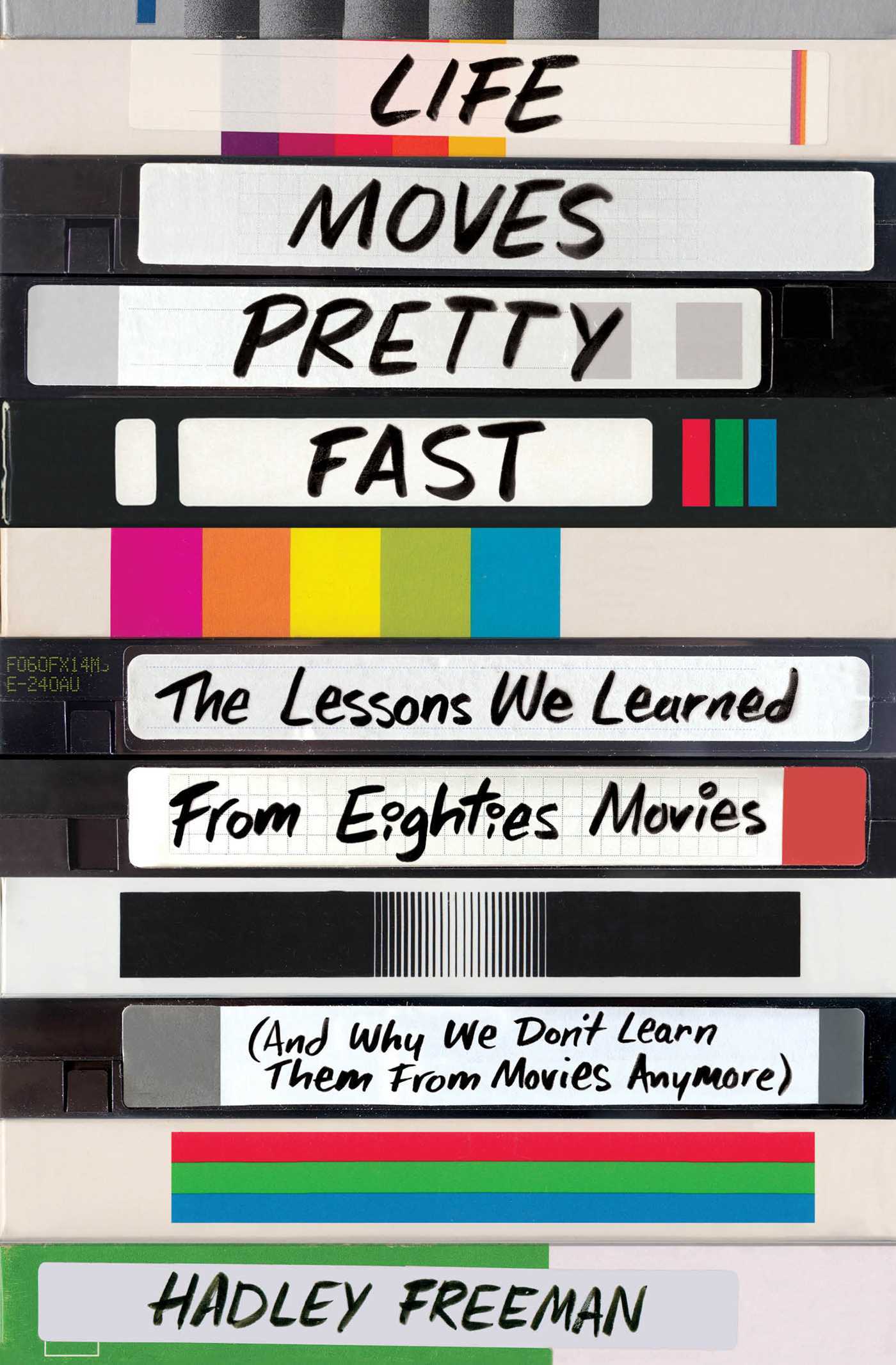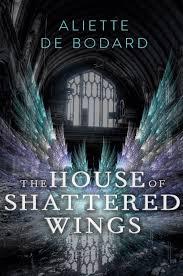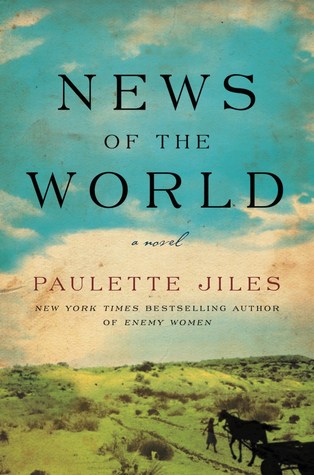
I read a decent amount of non-fiction in my life, so Cannonball Read’s June Book Club book, Life Moves Pretty Fast: The Lessons We Learned from Eighties Movies was right up my alley. I also really enjoy the process, the lore, and the production decisions surrounding Hollywood and the film industry, which is why I decided to skew our non-fiction selections a certain way.
I liked this book fine, but I think Hadley Freeman (while an accomplished writer) had quite a few missteps, which prevented me from rating this anything above three stars. Freeman attempts to explain how the big movies of the 80s (which is a VERY broad starting point) are worthy of study and teach us something. She also discusses the ways in which the process of film production and marketing have changed the quality and type of movies we see. All in 300 pages.
It’s too much. Freeman’s scope prevents her from putting together a detailed looks at her chosen movie subjects, and by adhering to the “lessons taught” subtitle Freeman ends up with chapters which do not argue the point she is trying to make. There are two chapters in particular which drive home the weaknesses of the book to me: the Ghostbusters chapter and the Eddie Murphy chapter.
The Ghostbusters chapter doesn’t actually prove her point in its duration. The lesson that Freeman ascribes to the movie is “How to Be a Man”, which is honestly not even a lesson I think is accurate to the movie in the first place. But Freeman spends time wandering on and on about Top Gun (perhaps the movie she should have built this chapter around) and fails to make even the most basic connection to Ghostbusters and the lesson. In fact, in quoting Bill Murray, Freeman stumbles across the movie’s likely lesson: that friendship which doesn’t depend on misogyny or insecurity is the root of its long term appeal (139). And in a way this leads to her argument of an idealized sort of masculinity that’s neither patrician nor man-boy. Just funny and warm but she doesn’t actually connect the dots.
The other troublesome chapter, to me, is the one about Eddie Murphy. Not because of what she is discussing, the way in which the Hollywood machine functions on tokenism, but the fact that she doesn’t pick a single movie to highlight and even more egregiously, she saves this for the final chapter. If Hadley had structured her book differently, and moved this broader chapter to the beginning and used it to highlight the issues, we see in the other movies she discusses it would have served the book better and made Freeman look more in tune with the critiques she is attempting.
Other random thoughts:
- Pretty in Pink is NOT BETTER THAN THE BREAKFAST CLUB.
- The “perfect” aesthetic. Who else missed people looking like people on the big screen?
- It is still so rare for a movie to be focused on the female gaze.
- About Dirty Dancing: “It is nothing new for a women’s movie – or book, or TV show – to be dismissed by male film critics as frothy nothingness” (24)We have seen this so recently with Big Little Lies
- The Princess Bride becomes more than a RomCom because it’s a multilayered look at love, particularly in the story lines of Fezzik and Inigo: good people sometimes do bad things, but are still good, have stories of their own, and are capable of love (49)
- Woody Allen has always been gross.
- In When Harry Met Sally, Sally doesn’t perform any of the three usual tasks of women in RomComs – pine desperately for the man, make the man grow up by being a nagging shrew, or be liberated from her frigid bitchiness (95)
- We cannot bear as a society that each generation being more successful than the last by seeming guarantee is over (Ferris Bueller wouldn’t be made now).
- We haven’t had a classic womens movie since the 90s: Fried Green Tomatoes and A League of Their Own. The Help doesn’t count since it deals in the whites solving racism trope (171) they have instead been replaced by negative sisterhood movies
- Parents in teen films have evolved as teens have from someone to be aspired to, to someone to be distanced from, to sentimentalized, but in the 80s good films captured parental figures as flawed, honest people.
This book was read and reviewed as part of the charitable Cannonball Read.
Advertisements Share this:




